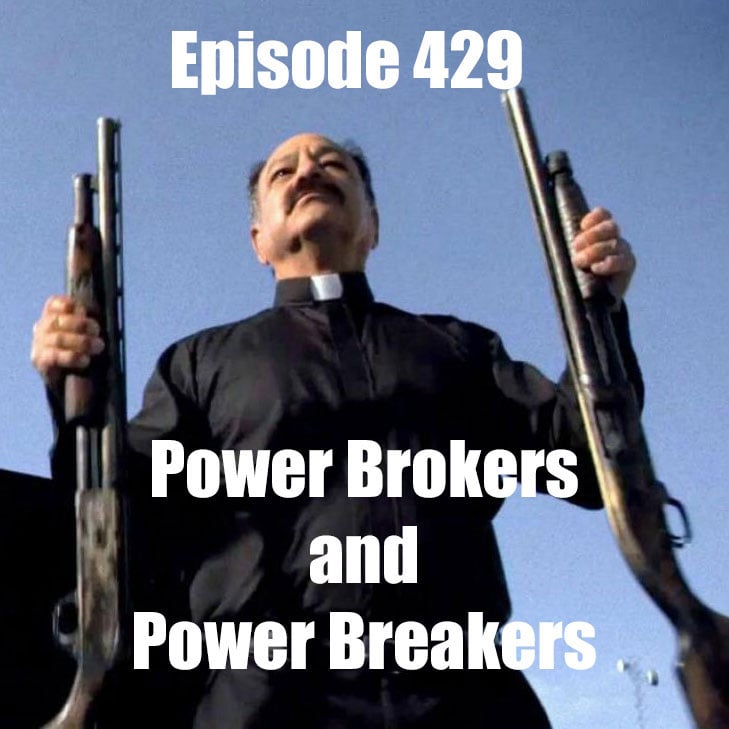Podcast: Play in new window | Download
In 1075, Earl Roger and Earl Ralph lead a significant rebellion against King William, spurred by personal grievances and political ambitions. This insurrection, ignited at a wedding, quickly evolves into a major crisis, challenging the king’s authority. The plot thickens with Waltheof’s involvement, revealing intricate alliances and betrayals among the nobility. The uprising, marked by strategic marriages and the mobilization of forces, underscores the volatile nature of medieval politics, ultimately leading to decisive actions by the king that significantly alter the English noble landscape.
Rough Transcript Below:










